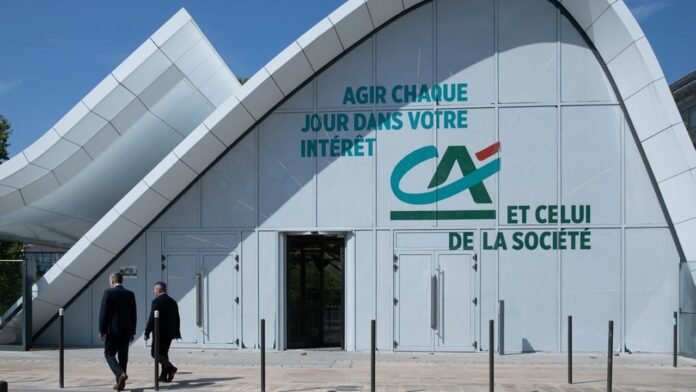Written November 29, 2022, 10:25 p.mUpdated November 29, 2022, at 22.26.
Banco BPM favored its main investor. Two French groups were in the running for their insurance partnership. Credit Agricole and insurer Axa were vying for the non-life insurance business of Italy’s third-biggest bank over a deal expected to cost around 300 million euros, according to sources.
Banco BPM therefore unsurprisingly chose its main shareholder, Crédit Agricole, which has held 9.8% of its capital since April last year. Its deputy chief executive Jérôme Grivet had also recently said he was “very confident” of the outcome of the discussions. The green bank is very popular in the peninsula, which is its second “home market” after France. This also applies to Banco BPM Agos, number three in consumer credit in Italy. Crédit Agricole said it had invested in the transalpine bank to expand its business partnerships.
Long-term partnership
In life insurance, last April Banco BPM completed the acquisition of the shares of the French group Covéa in their joint venture, in which it became the sole shareholder. It plans to do the same for an insurance partnership it currently has with Cattolica, now a unit of Generali.
This summer, the Milanese bank had declared that it would retain its life insurance activities, while continuing the search for a new partner for the non-life division. Banco BPM is now opening exclusive discussions with Crédit Agricole.
“This exclusivity aims to negotiate and define terms and conditions for a potential purchase by Crédit Agricole Assurances SA of a majority stake in Banco BPM Assicurazioni (…) and in Vera Assicurazioni (…) with the launch of a potential long-term partnership in the non-life insurance sector,” the Italian bank said in a statement on Tuesday evening.
She does not give in to political pressure. The French bank had been taken to task in mid-August by a very close adviser to Giorgia Meloni, the new chairman. “Credit Agricole continues its progress to become the second Italian banking center and control our savings,” tweeted Guido Crosetto. It is not a question of the market, but of politics. »
How to effectively respond to changes?
Economic uncertainty, political tensions, global warming, changing companies and industries… The world is changing. How to decipher weak signals, predict and adapt best? The “Echos” newsroom, with its 200 specialized journalists, gives you strategic thinking tools every day to understand our environment and deal with change. Through our analysis, surveys, feature stories and editorials, we support our subscribers to help them make the best decisions.
I discover the offers
